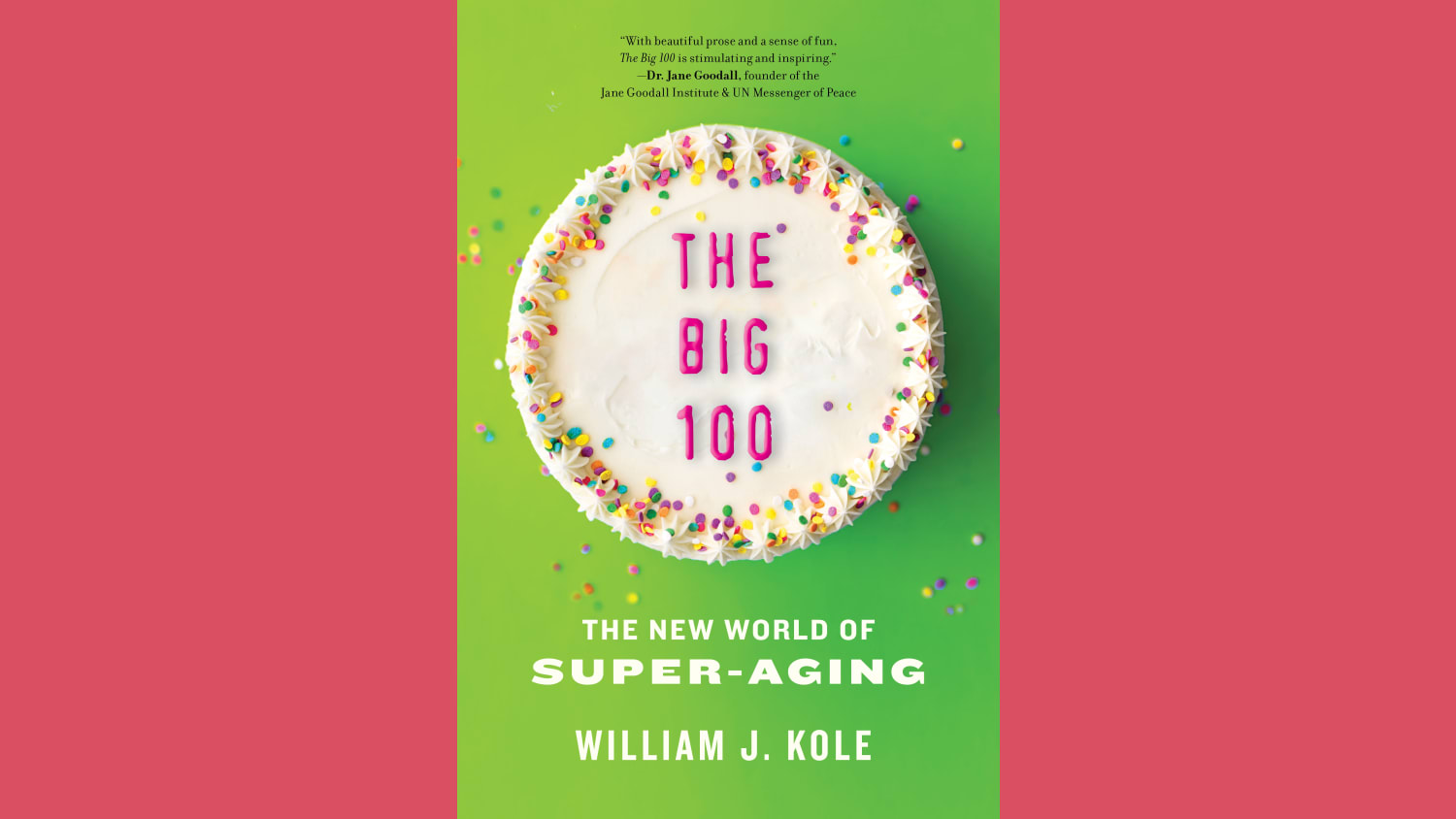We're certainly going to be working longer in 2050 because we'll be living longer. I think very likely we will have to undergo retraining, because the job market is going to change, and we're going to have to be able to adapt to new technologies and so forth. So perhaps we work at a job for a large portion of our careers, and then we get into midlife, which is at this point could be 60 and then we retrain.
As I contemplate the year 2050, I'm thinking that it will be a time when 100 is the new 80. A good many 80-year-olds are golfing and playing pickleball and traveling and engaging with their grandchildren and swimming and doing all kinds of things, taking cooking classes, learning a language. This is our world, even now we're seeing some people do these extraordinary things. I think that this will mark the super aging era.
And technology will be very, very present in our lives, even more than it is now. I think we could find ourselves wearing some sort of kind of a smart skin that will monitor our vital signs and keep close tabs on, our blood pressure and our brain and muscle function and send that biometric data in real time to our doctor, who can monitor for any problems and quickly address things.
AI, of course, is going to be front and center. There are apps and devices that are helping keep lonely elders company in their homes, playing games with them and so forth. I think we could end up having an Android companion in our homes, to cook for us, do the cleaning, and to provide company. Japan has done some incredibly innovative work in this area, and you know, that's great, but I don't think there's any substitute for the milk of human kindness.



